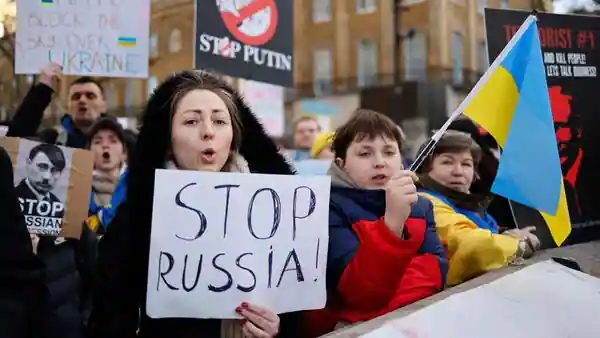Explaining Economic Sanctions On Russia

Credit: AFP
Across the Atlantic Ocean from the United States, soccer/football fans are currently discussing the potential consequences of sanctions against Chelsea F.C. owner Roman Abramovich and the impacts on the club. This may have been the first time many people have heard about specific examples of sanctions from the West on Russia and its oligarchy.
However, this is far from the first action taken against Russia stemming from the invasion of Ukraine without justification. Aside from the multitude of Western corporations shutting down in Russia, nations such as the US and UK have attempted to hinder the Russian economy with actions such as barring Russia and Belarus from SWIFT, the global banking system.
Of course, one of the most publicly evident effects of the economic developments related to the attack on Ukraine has been a sharp increase in gas prices. In Illinois specifically, gas is always above the national average, which means that it hurts Illinoisans’ wallets more than most.
However, the main target affected by this economic development has been the Russian stock market and the ruble. The stock market lost upwards of 30% of its value after the conflict began, and the ruble’s value followed suit. This has affected everyday Russian people who do not support the war.
On a global scale, the economy is attempting to rebound, but the effects of this crisis have been widespread and continue to affect many facets of society.
















